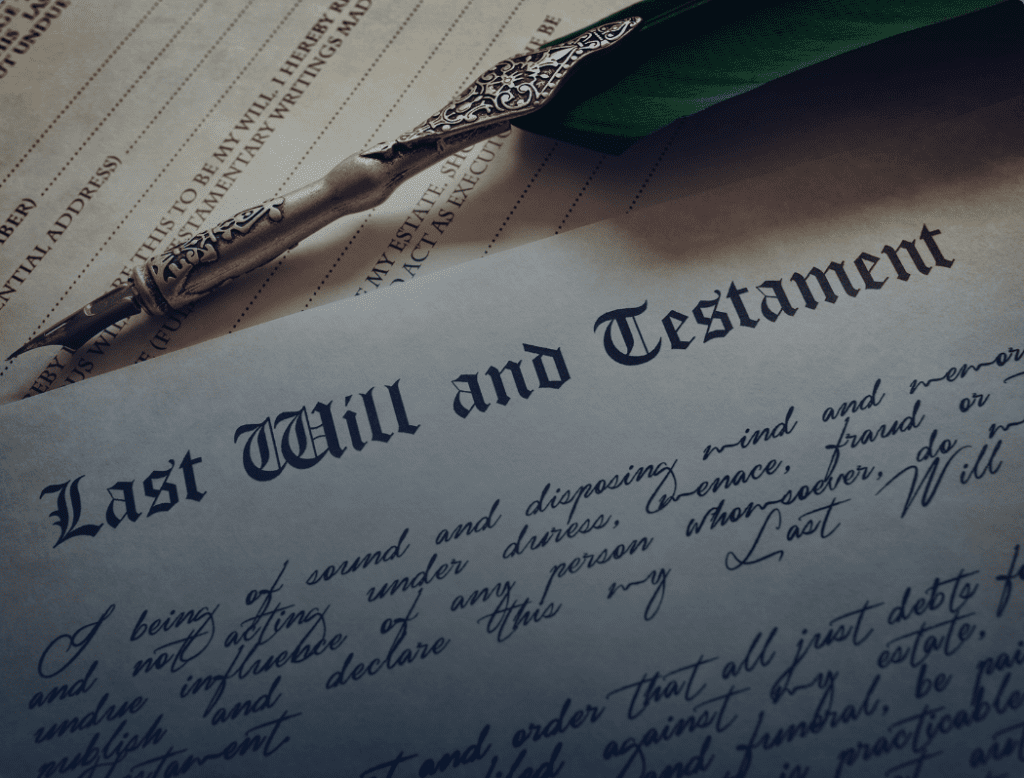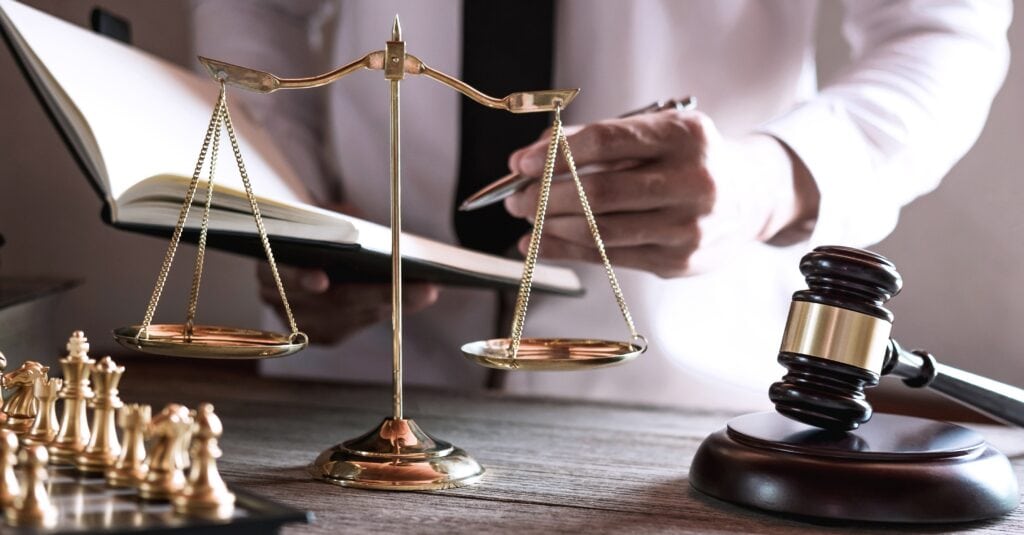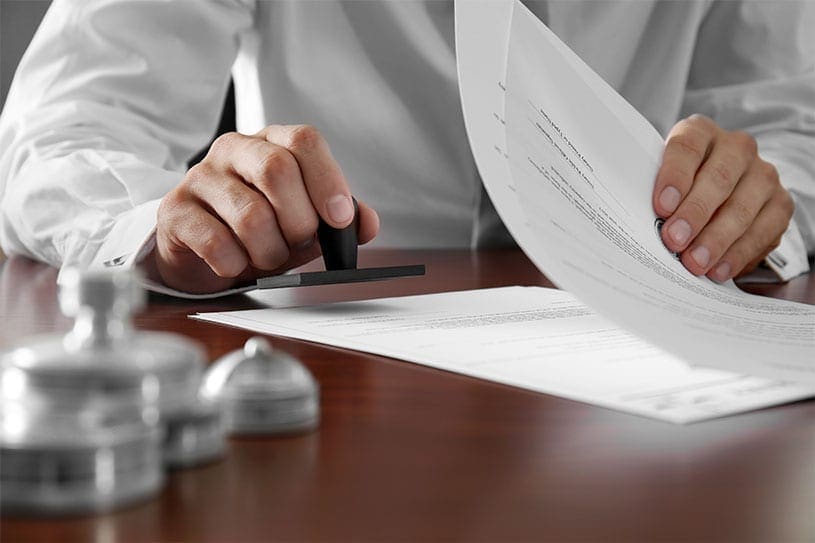A person may be requesting a copy of a Will to check how estate has been distributed. People often request a copy of a Will of their loved one who has passed away. They can determine if they were left out of a Will. It can also help then check if the Will is valid.
Many people believe that after a person dies, there will be a ‘reading of a Will’. There is no legal obligation for a Will to be read. When an executor acquires a Will, he or she will usually mail a copy to the beneficiaries.
The executor is legally obliged to carry out the deceased’s wishes and act in his or her best interests. The executor can be virtually anyone, but it’s commonly a lawyer, accountant, or a family member.
The requirements for an executor are:
- Person must be over the age of 18; and
- He/she should not be convicted of any felony in the past.
In this article, we discuss the process of requesting a copy of a Will, and time constraints in doing so. We also discuss how the Court may be involved.
Who Can See The Will?
All states and territories have legislation in place for persons who are requesting a copy of a Will. However, the law varies from jurisdiction to jurisdiction.
For example, under Section 54 of the Succession Act 2006 in NSW, following people are permitted to see a Will:
- Anyone identified or mentioned in the deceased’s Will, whether or not as a beneficiary;
- Someone listed or referred to as a beneficiary of the deceased in an earlier or preceding Will;
- Someone listed or referred to as a beneficiary of the deceased in an earlier or preceding Will;
- A deceased person’s parent or guardian;
- Anyone who would have been entitled to a share of the deceased’s estate if they died intestate (without a Will);
- A child’s father or guardian if there is no Will and the minor is entitled under the intestacy provisions;
- Anyone who owed money or credit to the deceased. This includes creditors such as the Australian Tax Office (ATO), utilities such as gas, electricity, and council rates; mortgagees; and anyone who has or may have a claim against the deceased estate.
- Any attorney appointed by the deceased;
- Any person managing the deceased’s estate under the NSW Trustee and Guardian Act 2009 (NSW) prior to their death.

What To Do When Requesting A Copy Of A Will?
Although a “reading of the Will” is not legally required, the executor should contact you if you are specified in the Will. If you have the right to request a copy of a Will, we recommend that you try the following steps:
- Request a copy of the Will from the executor or anybody else you believe may have it.
- To obtain a copy of the Will, contact the executor’s solicitors.
- To see if your state court has a copy of the Will on file, contact the Supreme Court probate registry.
Potential Issues You May Encounter
If you don’t know who the executor is or the solicitors involved, keep an eye on the local papers in the area where the deceased lived. The papers might have a death notice or legal notice. This may include the executor’s or solicitor’s contact information.
If an executor fails to send a copy of the Will to person requesting a copy of a Will, they may request to see or receive a copy. The person in charge of the copy must allow eligible person to see the Will or get a certified copy if the Will is lost, stolen, or destroyed.
In case you don’t know who has the deceased’s Will, an internet search of probate applications filed with the Supreme Court will provide the name and address of the person or firm who submitted the application, who can then be contacted for a copy of the Will.
The Will becomes a public document that can be accessed by anyone when they’re requesting a copy of a Will once probate is granted.
While there is no time limit on requesting a copy of a Will, it is crucial to remember that there are legal deadlines for filing a family provision claim if the Will does not appropriately provide for them.
What If I’m Denied From Requesting A Copy Of A Will?
There are legal issues if person requesting a copy of a Will is denied. This usually means that the person has been left out of the Will.
The majority of individuals do not want to be left out of a Will. When a person dies and their Will is discovered, the contents can throw heirs for a loop.
Only the Will-maker decides whom to include and whom to exclude from their Will. If you suspect the Will has been altered, maybe as a result of duress or impaired mental capacity, you can try to figure out how and why.
The executor of approached while requesting a copy of a Will, as well as any previous versions and a list of assets.
People who expected they would be included, or who were assured they would be included, may be excluded from the Will. If you’ve been left out of a Will, there are a few measures you should take right away to at least clarify what happened and possibly contest it.
People contest a Will if they have been left out of it. Whereas, people challenge a Will when they question its validity.
The purpose of these legal actions is to have the present Will declared invalid and put into effect the previous Will that names a person as a beneficiary.
Because numerous Wills must be invalidated, chances are minimal for the person who was left out of several revisions of the Will. You will also bear the burden of proof, so be prepared for a tough debate.

How Legal Advice Can Help
Requesting a copy of a Will can lead to numerous outcomes and JB Solicitors’ Wills and Estate planning lawyers may be able to get you closer to a resolution than a prolonged court battle.
Rather than contesting or challenging it out in an all-out court battle that will deplete your resources and estate in legal costs, our solicitors will be able to guide you through mediation.
Contact JB Solicitors today for your legal needs
